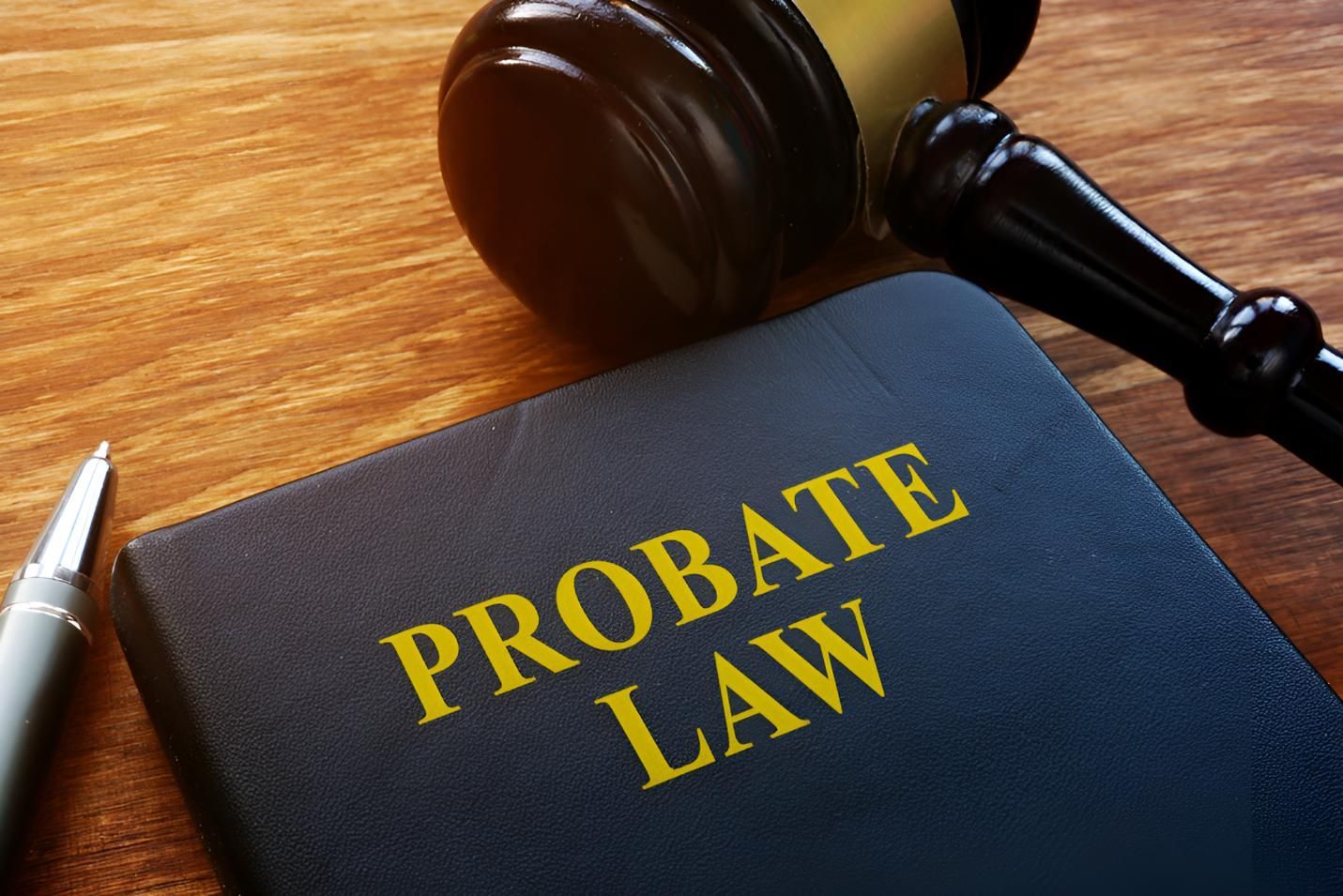Bradley J Bragg - Solicitor
Probate in the Atherton Tablelands
Bradley J Bragg – Solicitor provides straightforward legal support with clear communication, mobile consultations, and flexible payment options.
Grants to manage estates
Atherton Tablelands Probate & Letters of Administration
When a person passes away, legal authority is often required before their estate can be accessed or distributed. In Queensland, this comes in the form of a grant of probate (when there is a valid will) or letters of administration (when there is no will).
Bradley J Bragg – Solicitor, based in Atherton, assists individuals across the Atherton Tablelands with both types of applications. Probate confirms that a will is legally valid and allows the named executor to carry out the estate’s administration. If no will exists, letters of administration grant authority to the next eligible person—typically a spouse or close relative—to act on behalf of the estate. Financial institutions, superannuation funds and land registries often require one of these documents before releasing funds or transferring ownership.
For help preparing your application or understanding which grant applies, phone 0434 368 235 to arrange a consultation.
Get a Free Quote
Contact Us
Thank you for contacting Bradley J Bragg - Solicitor.
We will get back to you as soon as possible.
Oops, there was an error sending your message.
Please try again later.
Need Help?
Frequently Asked Questions
What is the difference between probate and letters of administration?
Probate is granted when the deceased left a valid will and confirms the executor’s authority to manage the estate. Letters of administration are issued when there is no will, giving legal authority to the next eligible person to act on behalf of the estate under intestacy laws.
Who can apply for letters of administration in Queensland?
The person with the highest legal priority—usually the spouse, child, or another close relative—can apply for letters of administration. The court requires evidence of the relationship to the deceased and may also require consent from other potential beneficiaries.
How long does it take to get probate or letters of administration?
In Queensland, the process typically takes 4 to 6 weeks after lodging the application, depending on the court’s schedule and completeness of the documents. Publishing the notice of intention adds a minimum 14-day waiting period before submission.
What documents are needed to apply for probate or letters of administration?
Common requirements include the original will (for probate), death certificate, sworn affidavits, and a copy of the published notice of intention to apply. For letters of administration, additional documents may be needed to confirm the applicant’s eligibility and the deceased’s assets and liabilities.
Eligibility & application process
When a Grant Is Required
A grant of probate is usually required when an estate includes significant financial assets or real estate held solely in the deceased’s name. The executor must file an application with the Supreme Court, supported by the original will, a death certificate, and sworn affidavits. Once granted, this legal authority allows the executor to pay debts, manage accounts, and distribute assets according to the will.
If there is no valid will, an application for letters of administration is required instead. This process also involves lodging court documents, but the applicant must prove their eligibility under Queensland’s intestacy laws. The order of priority is generally set by the relationship to the deceased—for example, a spouse, child or parent. Both grants require a notice of intention to apply, published in advance to allow time for objections. While some smaller estates may not require a grant, many institutions will not release funds without one. For individuals in the Atherton Tablelands, legal support can help clarify whether a grant is needed and assist with court preparation to ensure all procedural requirements are met.








